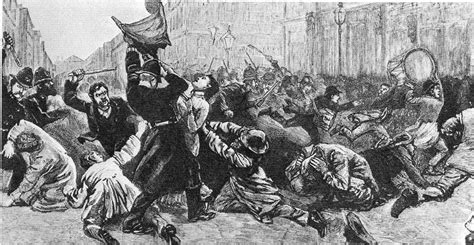Following the recent arrest and charging of UK Uncut activists involved in a protest at Fortnum & Mason during the anti-cuts demonstration in London on 26 March, I felt moved to email my MP with the request that she sign John McDonnell’s Early Day Motion 1146. This was raised last December and says:
That this House congratulates UK Uncut for the role it has played in drawing attention by peaceful demonstrations to tax evasion and avoidance and to the need for firm action to secure tax justice.
Her response was that while of course she supported UK Uncut’s work in “highlighting tax avoidance by large companies”, she would not be adding her name to the EDM because of her
“concerns about UK Uncut’s response to the violence against the police and vandalism that occurred in parallel with the TUC March for the Alternative on Saturday 26 March. Specifically I note that at no point in the organisation’s response to the march (or in any other public statements) do they openly condemn these acts, which occurred in and around Soho and outside Fortnum and Mason” and that therefore “I am unwilling to publicly support the group until it clearly distances itself from these actions.”
Sheila Gilmore is a Labour loyalist and of course is simply repeating the party line as laid down by Yvette Cooper. Disappointing, but no great surprise. The demand that UK Uncut demonstrators have to “condemn” other demonstrators, whose actions they were not part of and have no control over before they can have the Party’s support, is obviously perverse. It is a sure sign that Labour is still far more worried about appearing ‘respectable’ than celebrating witty, creative and effective non-violent direct actions.
The Labour Party is obviously almost as wary of UK Uncut as the Government. Direct action? A non-hierarchical structure outside the control and direction of Party and TUC leaderships? No matter that they appear to pose a bigger threat to the neo-liberal agenda of public sector cuts and ‘austerity’ than any number of A-B marches or opposition speeches in Parliament, the Labour Party’s reflex response is to collude with the establishment in attempting to marginalise and criminalise effective protest. Even now that police have been forced to admit that the UK Uncut arrests were motivated by “intelligence gathering”, I do not expect any significant change from the Labour leadership or the PLP invertebrate vote.
